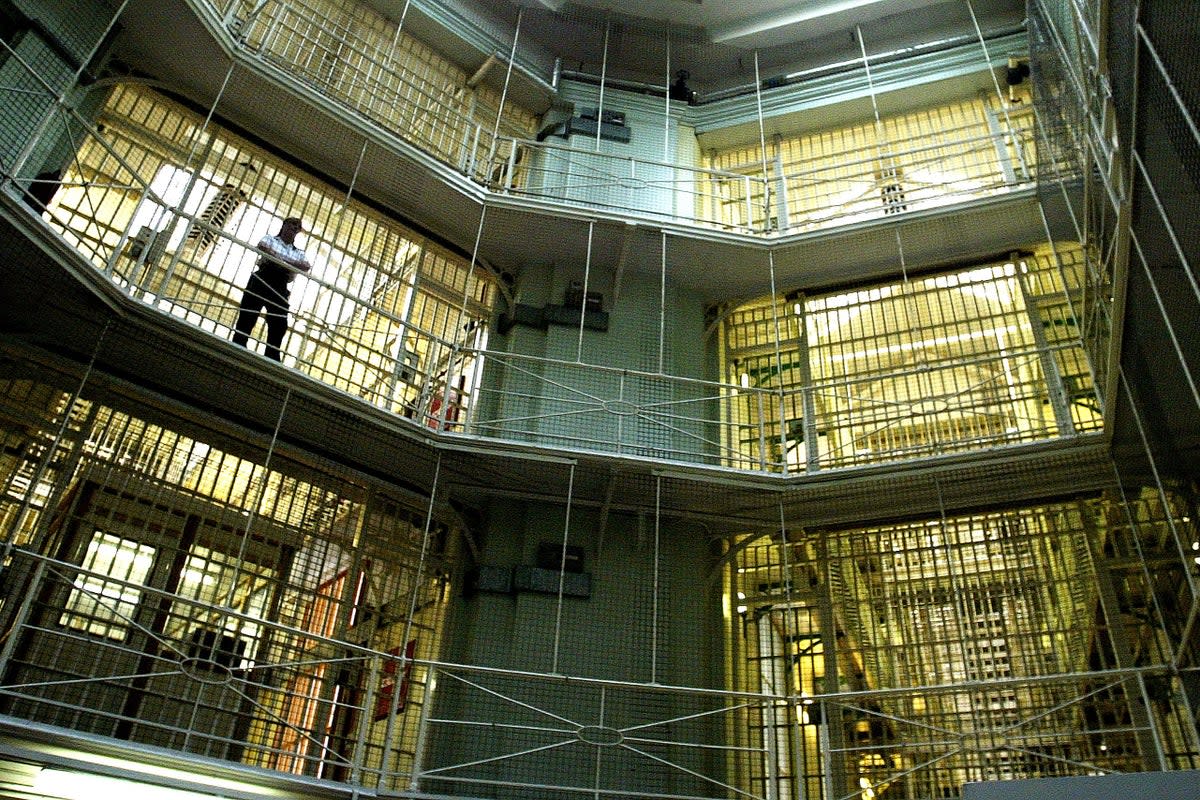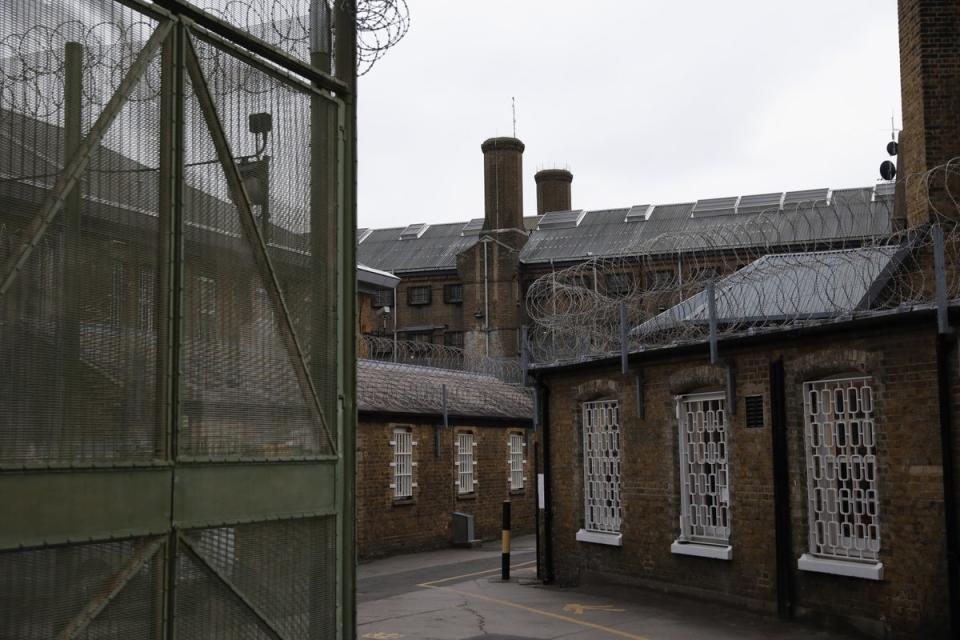Nearly one in six prisons have no officers trained to deal with riots

There are no prison officers trained to deal with riots at nearly one in six jails in England and Wales, the government has admitted – despite a surge in deployments last year.
With the overcrowding crisis inside increasingly violent prisons fuelling the prospect of serious disorder, The Independent revealed last week that the number of officers trained to deal with riots as part of so-called Tornado squads has plummeted by almost a third in just five years.
That means there were just 1,620 Tornado officers across the entire prison estate as of 27 February – down from 2,310 in 2018. Furthermore, 17 out of the 120 prisons in England and Wales had no Tornado officers at all, while a further 21 prisons had fewer than 10 such officers.
The concession was made by prisons minister Edward Argar in response to a series of parliamentary questions by Labour’s Ruth Cadbury.
Labelling the situation “scandalous”, former prison governor and Tornado section commander Ian Acheson noted that these include prisons where previous riots have caused “huge disruption and damage”, as well as those in remote locations and with complex populations.
“When there is a large-scale disturbance the prison service doesn’t fight fair,” said Mr Acheson. “That means typically a 3:1 ratio of officers to prisoners to contain and manage a riot. There is no prison in the country that has the resources to contain that threat immediately.”
Tornado officers – typically deployed in large groups armed with batons and shields to help nearby jails cope with outbreaks of serious disorder – were called out 13 times in 2023, more than any year since at least 2018.
Two prisons which required Tornado support last year – Downview and Wetherby – had just one such officer among their own staff as of February. Similarly, Werrington had only six, Feltham 11, Lowdham Grange 12, Portland 13, Stocken 14, and Stoke Heath 15.
Only a quarter of prisons had 20 or more Tornado-trained officers among their staff, analysis by The Independent found. This is without contending for staff absence due to sickness, annual leave or training days.
![‘The capability of dealing with widespread disorder at more than one establishment [simultaneously] is perhaps fatally compromised,’ warns Ian Acheson (HM Prisons Inspectorate)](https://s.yimg.com/ny/api/res/1.2/5fCyFBne7I8PiWQzNStdnA--/YXBwaWQ9aGlnaGxhbmRlcjt3PTk2MDtoPTYwNQ--/https://media.zenfs.com/en/the_independent_577/c1ec2aaa95c27872927a9d3bacd67c3b)
While the Prison Service also has a national unit of specialist riot officers deployed the equivalent of twice a day last year, up 40 per cent on 2022, Mr Acheson said: “The best people to deal with a disturbance before it becomes a major threat are those staff who are readily available and who crucially know the prison.”
“I think the capability of dealing with widespread disorder at more than one establishment [simultaneously] is perhaps fatally compromised,” Mr Acheson added, warning this grim prospect was “on [the] horizon” as a result of the overcrowding and staffing crisis blighting prisons.
While the Prison Officers union suggests that a contingency of at least 2,100 Tornado staff across the prison estate is the official recommendation, Mr Argar told parliament last month that the government has not set a minimum staffing requirement.
“So how on earth can you contingency plan?” asked Mr Acheson. Assaults on prisoners and staff soared by 20 per cent in the year to September, with more than 25,000 incidents in a single year. Violence in the women’s estate skyrocketed to an all-time high, overtaking men’s prisons for the first time.

Despite overall officer numbers increasing slightly in recent years to exceed 22,000, this is still around 2,500 fewer than in 2010, over which period the prisoner population has grown by around 3,000. Meanwhile, the number of officers with at least a decade of experience has nearly halved in just six years.
According to the government, 650 officers were given Tornado training last year, with plans for 850 training places this year. But Mr Acheson said: “Prisons that cannot staff the landing safely to serve lunch or get prisoners to work certainly can’t afford to lose staff for the two week training course/refreshers required.”
Prison Governors Association chief Tom Wheatley told The Independent that “retention rates are alarmingly low” among staff who volunteer as Tornado officers.
Tornado volunteers “don’t get any real additional payments for putting themselves on the line”, warned POA general secretary Steve Gillan, adding: “There’s no real difference between rate of pay for Tornado duty and bed watch. They’ve taken them for granted, and now it’s come home to roost.”
The Prison Service has now proposed a 40 per cent pay rise for Tornado officers, Mr Gillan said, labelling this in effect an admission that officers have been paid “peanuts” for the crucial duties.
Ms Cadbury, the shadow prisons minister, said: “Last week the justice secretary was forced to admit that the prisons capacity crisis this government has created may lead to riots. And yet today we see there a significant number of prisons without a single specialist riot officer – the government need to explain how they have allowed this to happen.
“It is shocking, but is part of the wider picture that simply shows that our prison estate is in utter crisis. With violence rising and assaults on officers increasing, and reoffending rates on the rise, it’s clear the government have no plan to address this crisis.”
A Prison Service spokesperson said: “The safety of our staff and prisoners is our priority which is why we’re bolstering our Tornado teams by training more than 800 staff this year to deal with serious incidents. This is on top of our £100m investment into tough security measures to clamp down on violence and improve safety.”


